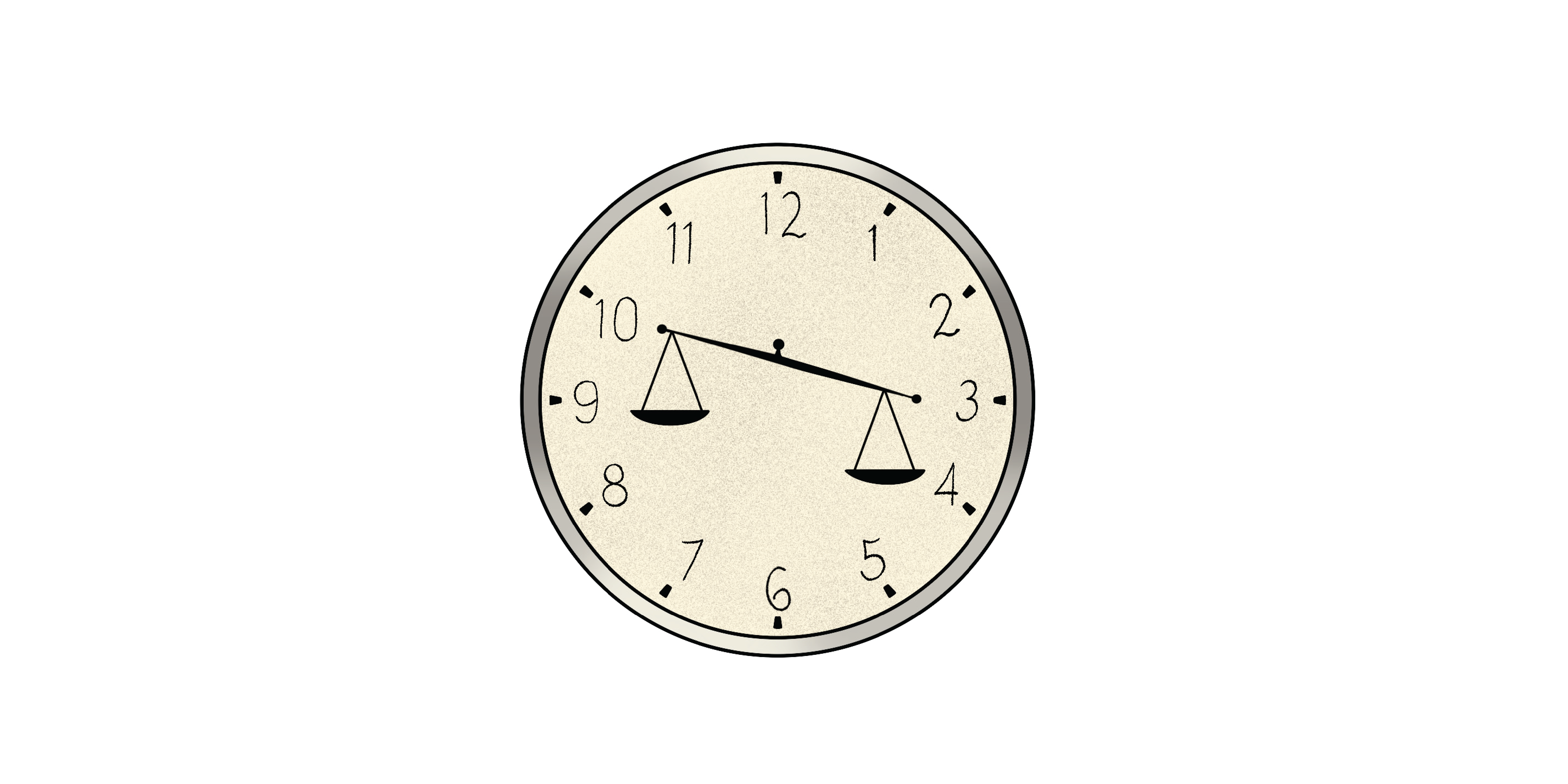Refresh, scroll down, nothing new. Wait.
“What do you think?” my friend asks. His words barely process. I’m staring at my laptop, refreshing an anonymously-run Facebook page. It’s the same cycle: Refresh, scroll down, nothing new. This page, which contains accurate, real-time updates, is my only connection to one of Tennessee’s worst prisons, run by the private prison company, CoreCivic. The state has four private prisons contracted with this company, though state law discourages them from contracting more than one. For me, the anonymous page is personal: It covers the prison my loved one serves time in.
Refresh. Scroll.
An update appears: During lunch, a gang fight broke out in four separate areas of the prison. No word on injuries, but my mind knows it isn’t good. My heart races as I worry about my loved one’s safety. He has been there for a little over a year, and is slated for another year, or until he finishes his educational program. He is serving for a non-violent crime while getting his GED. He’s taking full advantage of the state educational programs to rebuild his life and be released as soon as possible. He had been moved from another CoreCivic facility after being targeted by a supremacist gang.
Refresh. Scroll.
I know there aren’t enough guards there to stop the current riot—a little over 100 guards are responsible for over 2,200 inmates. The facility is dangerously understaffed, as cited by the Tennessee Comptroller of the Treasury in numerous audits, and as I had observed during my visits.
I once asked my loved one about the guards and he laughed. They rarely check in on inmates. After a 7 p.m. shift change, it is free reign. None of the locks work. Inmates, supposedly in cells for nightly lockdowns, are free to wander. He said he rigged his door to tell if someone had entered while he was gone. He felt horrible for guards who did their jobs fairly. These guards are typically well-liked by prisoners and families for their professionalism and kindness. He said you learned quickly who was good and who wasn’t, as many guards were on the gang’s payroll and opened cell doors for them to rough someone up while other guards averted their gaze.
To protect their loved ones, families, including mine, are often forced to pay a gang tax. The gangs demand $50-$100 to be consistently deposited into a gang member’s account. Knowing the inefficiency of the guards and staff, the tax creates major anxiety and fear, for not only me, but other families, as we know our money is the last thing stopping our loved ones from being killed. Even after families like mine have spent nearly or over $1,000 to buy the safety the prison cannot provide, our pleas to wardens for help are left on voicemail.
Refresh. Scroll.
I nearly jump when I see a new update. Four critically injured so far. The guards had pulled out every rubber bullet and pepper ball they had, and it still wasn’t enough.
Still, I know there is more to the story. My body shakes as I dig up new information about the gang fight. According to a guard, one inmate died, but the prison had transferred him to a hospital before he passed so he would not count into the prison’s statistics. Tennessee CoreCivic prisons have had four-times more deaths than state-run prisons, though they house less than half the number of inmates. My loved one once told us, if the prison ever said he committed suicide, it would be a lie. He said many deaths were blatantly misreported and described the horrible medical care that took place. His statements are backed by several class action lawsuits against CoreCivic.
The prison has a record of negligent record keeping, understaffing (44 critical positions unstaffed at almost any given day), and incompetence by failure to repeatedly comply with state laws. Our politicians are letting this happen. Tennessee Governor Bill Lee stated he has no concern with private prisons, despite the recorded problems. Coincidently, CoreCivic donated over $20,000 to his campaign. The company has also made substantial donations to people in the state and federal government, such as Senator Marsha Blackburn.
Feeling helpless, I fall back on my bed. I’m at this prestigious university to change the world and I can do nothing. The money my family spends to buy my loved one’s life, the sleepless nights of research and stress-filled days feel as if they add up to nothing. The only people who can act are in on it. I cry for the families like mine who anxiously await every phone call as proof of aliveness, especially now.
Because I am aware of the situation in Tennessee correctional facilities, I am constantly thinking of how to shut this place down and bring justice to the families. As a person who has family in prison and family as police officers, I have immense respect for both sides of the law. This private company should not be above what they claim to enforce. They’ll make over $100 million in Tennessee taxpayer money alone next year and they have facilities across the United States.
I swallow hard and stop crying. I have reading to do, a final paper, and a chemistry exam the next day. I don’t have time to cry. Time isn’t a luxury I can afford. Every day, I’m worried about the phone call I might get. Problems at home don’t stay at home. You never know what is going on behind closed dorm rooms, or jail doors. And behind my dorm door, I feel there is nothing I can do while stuck at Georgetown, a place that is supposed to inspire us to change the world.
Attending a prestigious university like Georgetown, where many people dream and live for social justice, only makes me feel more helpless in an ironic way. Many students, including myself, major in and work towards careers in social justice with dreams of helping the world on either a large or small scale. Coming out of a class discussion on how best to address the minimum wage crisis in America to new emails confirming transactions to several prisoner bank accounts is humbling. It reminds me how easy it is to sit in a safe classroom and discuss theories about how to solve societal problems, but not actually be subjected to and conscious of how these problems affect people every day. These problems are not just broad societal issues to cover in lectures; these problems are hurting real people daily. While real progress and change can take time, it is almost impossible for someone to ponder the “what-ifs” of the long-term when the problem is affecting them in the then-and-now. It’s hard to think about what changes could be made in the next year when you’re simply trying to survive from hour to hour.
A week later, my loved one called. He said that he was okay, but his cellmate was injured. We told him about the report of four injuries. He laughed and said, “Those are four they had the staff to carry out. Other people are in cells trying not to bleed out.” His cellmate had part of his ear cut off and his eye socket smashed in, along with other injuries. He didn’t get to talk much longer but it was a relief to know he was okay. While I was thankful for the good news, the relief was short-lived, as I knew this would be far from the last time I would be left worrying about his safety due to the incompetence of the CoreCivic facility.
Image Credit: Allison Derose






